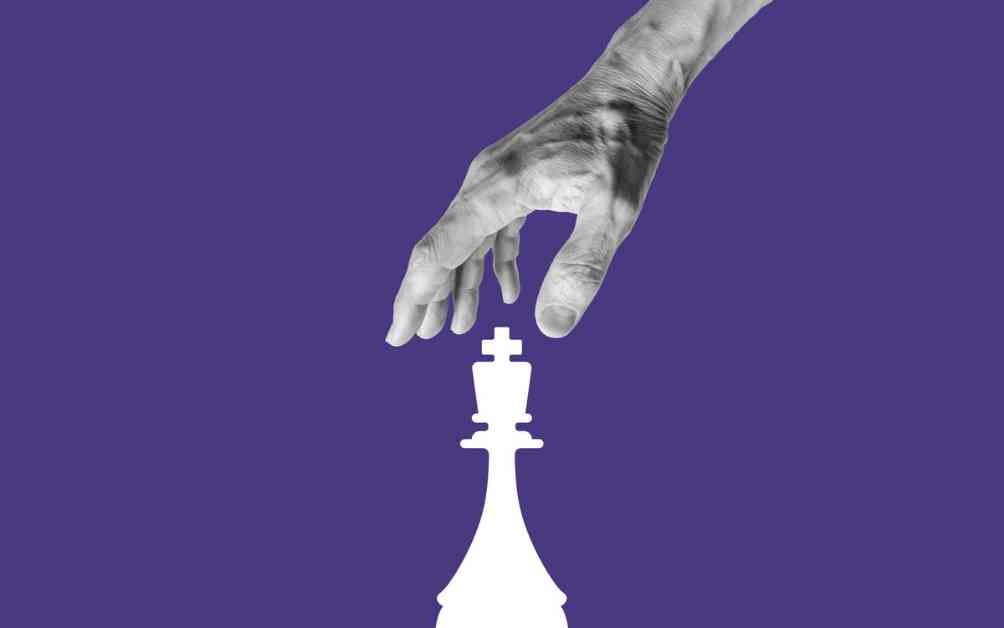Games have always been a part of human history, captivating people for centuries. From ancient times to the modern era, games have evolved and now play a significant role in various aspects of our lives. The gaming market has grown to be as big as all other forms of entertainment combined, showing the widespread appeal of games across different cultures and societies.
Play is often underestimated as a trivial activity, but it is deeply ingrained in our evolutionary history. Most mammals and even some birds, reptiles, fish, and insects engage in play behavior. Neuroscientists have found it challenging to study play because it is a behavior that is difficult to suppress, even in animals with their entire cortex removed. This highlights the importance of play in our understanding of behavior and cognition.
The brain builds models of the world to anticipate events, but games introduce uncertainty, making them particularly fascinating. Uncertainty triggers the brain to seek more information and learn from new experiences. Through play, both animals and humans explore their environment, learn social cues, and develop essential skills for survival and social interactions.
Games have also been used as a medium for moral lessons throughout history. From teaching children to follow rules to understanding the consequences of their actions, games have played a role in shaping moral values and social behavior. By engaging in games, players learn to think about others, consider their desires, and strategize to achieve their goals.
The link between games and reality became more apparent as gambling became popular in Renaissance Europe. Gamblers sought to understand the probability of outcomes, leading to the birth of probability theory. This mathematical approach to chance and uncertainty revolutionized how we perceive randomness and paved the way for the scientific revolution. Probability theory continues to be a fundamental tool in various fields, including economics and finance, shaping how we make decisions and assess risks.
In the modern world, the influence of games extends beyond entertainment to affect online platforms, social media, and even stock markets. Game designers leverage rewards and scoring systems to control player behavior and drive engagement. The design of games by corporations influences our choices and interactions in subtle ways, shaping our preferences and perceptions without us realizing it.
Understanding how games impact our lives is essential to recognizing the underlying motivations and values embedded in these systems. By being aware of the influence of games, we can make informed decisions and distinguish between our genuine beliefs and the designed experiences that shape our behavior. Ultimately, by understanding the role of games in our lives, we can ensure that we are not being played by the games themselves.

